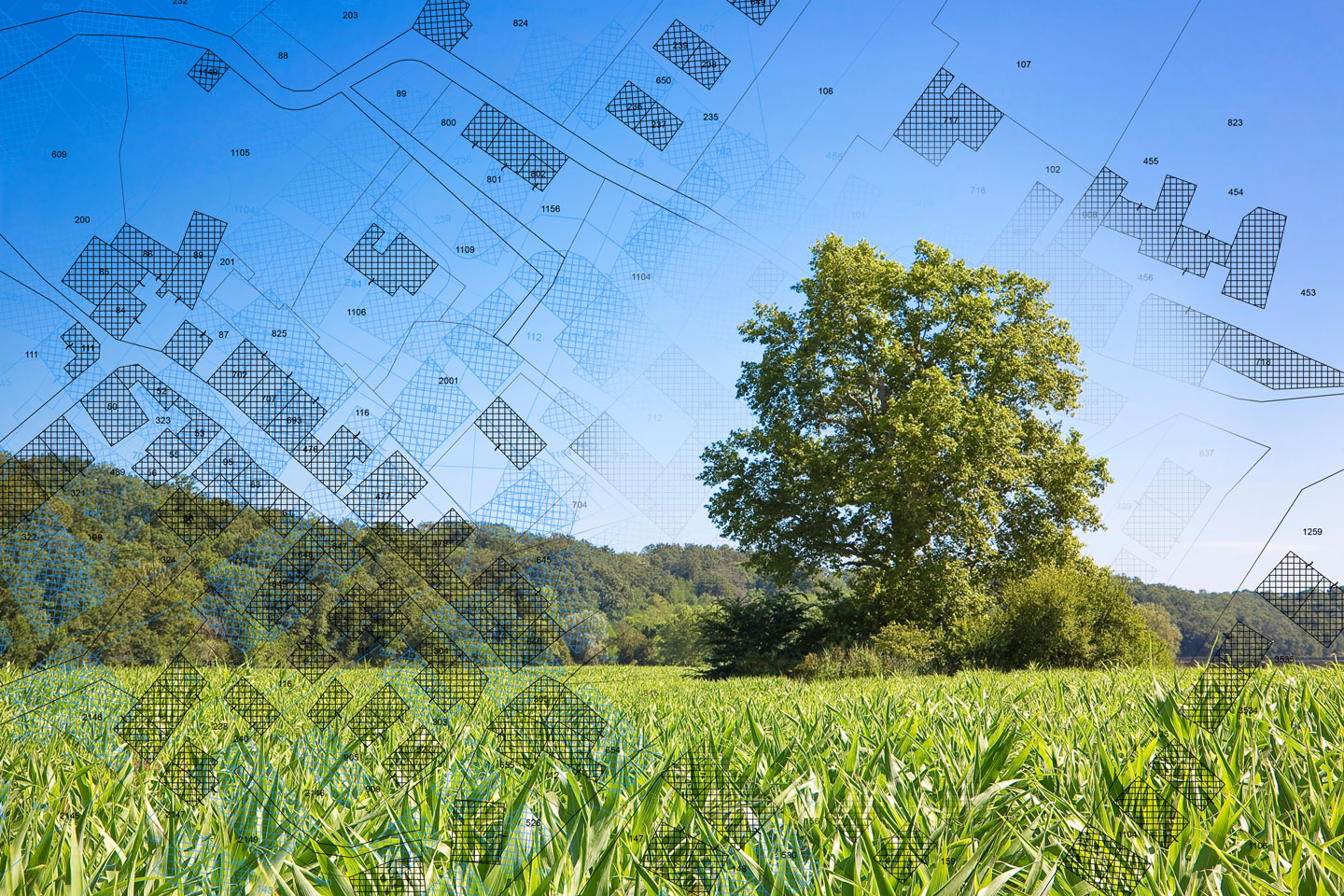Introduction:
Zoning and land use approvals can feel like a maze, but for equitable developers, they’re critical steps in bringing a project to life. Navigating these processes effectively ensures your development aligns with local regulations while meeting the community’s needs. In this post, we’ll explore the key elements of zoning and land use approvals and provide strategies for moving through them smoothly.
- Understanding Zoning and Land Use Basics
- Zoning Defined: Regulations that govern how land can be used (e.g., residential, commercial, industrial).
- Land Use Approvals: Specific permissions required for developments that don’t conform to existing zoning or need special considerations.
- Types of Zoning Categories:
- Residential (R): Single-family or multifamily housing.
- Commercial (C): Office spaces, retail, restaurants.
- Mixed-Use (MU): Combines residential and commercial elements.
- Common Terms to Know: Variances, conditional use permits, rezoning, and special exceptions.
- Challenges in Zoning for Equitable Development
- Outdated Zoning Laws: Many zoning codes haven’t been updated to reflect modern community needs.
- Community Opposition: Concerns about gentrification or increased density can slow approvals.
- Complex Bureaucracy: Navigating multiple layers of approvals requires time, patience, and expertise.
- Equity Barriers: Some zoning regulations unintentionally perpetuate inequality, such as restrictive single-family zoning.

- Strategies for Navigating Zoning and Land Use Approvals
- Research the Local Landscape:
- Study the area’s zoning codes, land use maps, and future development plans.
- Look for Opportunity Zones or areas eligible for incentives.
- Engage Early with City Planners:
- Schedule pre-application meetings to discuss your project and get initial feedback.
- Understand city priorities and align your proposal with those goals.
- Build Community Support:
- Hold meetings with residents and stakeholders to address concerns proactively.
- Highlight how your project will benefit the community, such as through affordable housing or job creation.
- Leverage Expertise:
- Work with architects, attorneys, or consultants experienced in zoning to prepare comprehensive applications.
- Partner with local advocacy groups to bolster support for equitable aspects of your project.
- The Approval Process: What to Expect
- Step 1: Pre-Application: Submit an initial proposal to planning staff for review.
- Step 2: Community Meetings: Present your plans to local residents and gather feedback.
- Step 3: Formal Application: Submit detailed plans, including site maps, impact studies, and project descriptions.
- Step 4: Public Hearings: Attend city council or zoning board meetings to advocate for your project.
- Step 5: Final Approval: Receive permits and begin construction.
- Resources for Equitable Developers
- City Incentives: Research tax credits, fee waivers, or expedited permitting processes for equitable developments.
- Community Development Corporations (CDCs): Collaborate with local CDCs to align your project with community goals.
- Zoning Experts: Hire professionals to ensure your application is thorough and addresses potential challenges.
How I Can Help as Your Real Estate Agent
- Local Expertise: I’ll guide you in selecting properties that align with zoning regulations and your development goals.
- Stakeholder Connections: Through my network, I can connect you with city planners, attorneys, and community advocates.
- Strategic Guidance: From navigating zoning codes to addressing community concerns, I’ll help you move through the approval process with confidence.
- Ongoing Support: I’ll stay by your side, from the initial proposal to securing approvals and beyond.
Conclusion:
Zoning and land use approvals are complex but crucial for equitable development. By understanding the process, engaging with stakeholders, and aligning your project with community needs, you can overcome challenges and move your vision forward. Ready to navigate the zoning maze for your next project? Let’s connect and work together to make it happen.


 Facebook
Facebook
 X
X
 Pinterest
Pinterest
 Copy Link
Copy Link